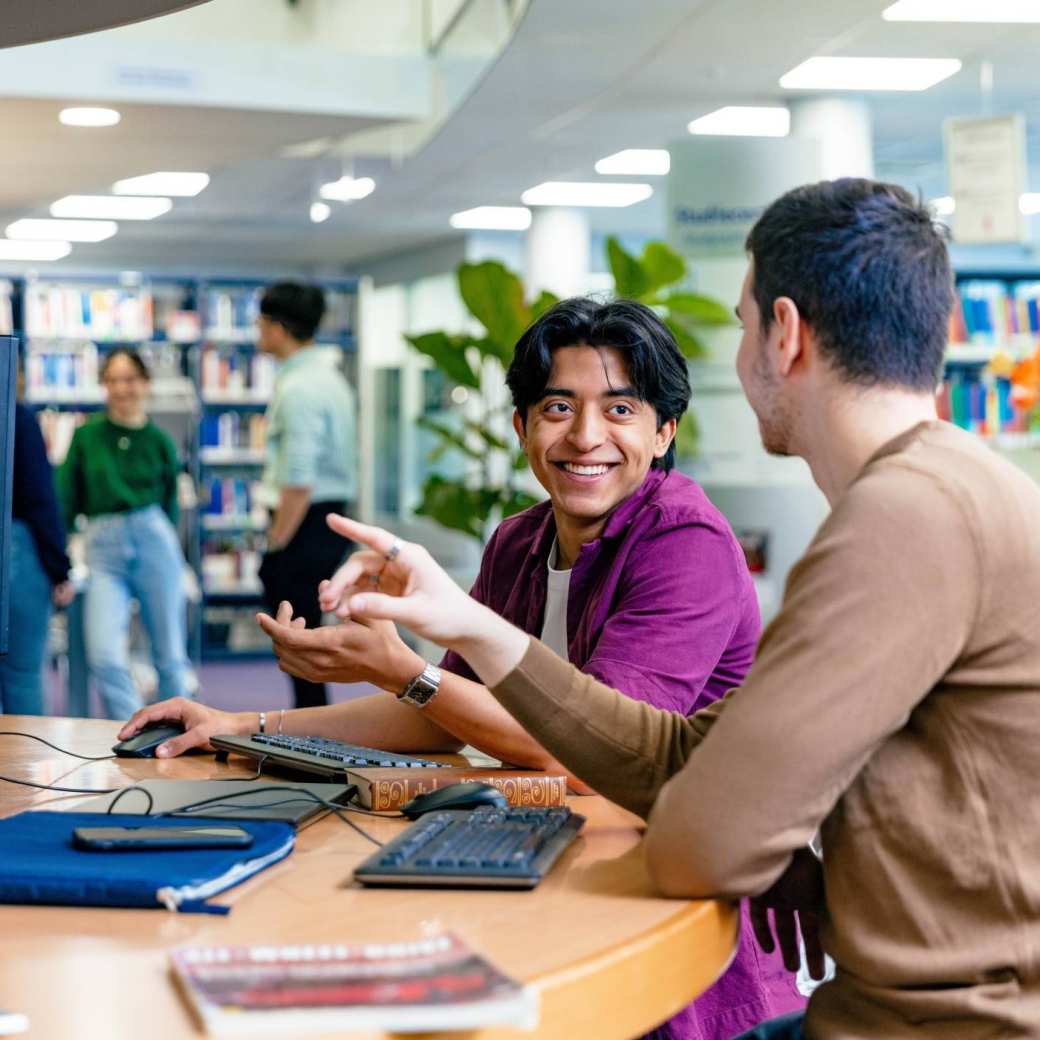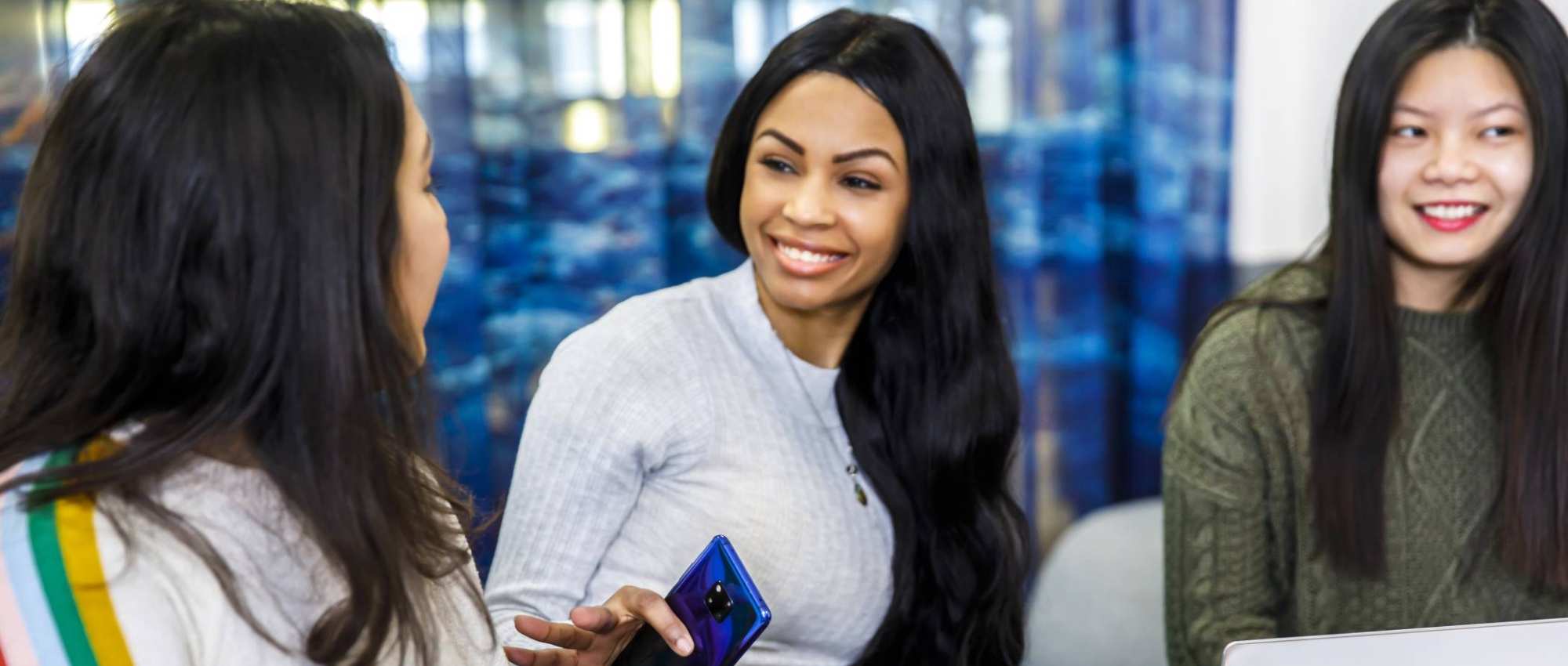Global Perspectives on Human Rights
Explore topics like migration, gender, decolonial perspectives, international human rights law, humanitarian assistance, intersectionality, social movements. Also visit key human rights organizations and experience how art can be used to understand and transform human rights issues.

The program in a nutshell
This exchange program has a study load of 40 hours a week. Lectures will be planned for up to 3 days per week. On the other days you will do group work and individual study. You will also be in contact with local and international organizations and go on field trips. Please note that you need to reserve 150 to 200 euros to cover your expenses for the field trips.


Learning outcomes & Competences
You strengthen these competences during the Global Perspectives on Human Rights program:
- Analytical Skills
Through critical analysis of theories, case studies, and international frameworks, you will enhance your analytical skills, enabling you to identify rights violations, assess the effectiveness of existing mechanisms, and propose potential solutions to human rights challenges.
- Research Proficiency
You will gain proficiency in conducting and analyzing research relevant to human rights issues.
- Application of Knowledge
You will be able to apply your knowledge of human rights theories and frameworks to real-world contexts, and existing projects. You will also be able to effectively evaluate the implications of policies, interventions, and advocacy efforts on the protection and promotion of human rights globally.
- Collaborative Learning
By actively participating in group work, debates, and class discussions, you will cultivate collaborative skills, learning from diverse perspectives and engaging in constructive dialogue to deepen your understanding of complex human rights issues.
- Critical Thinking
The program fosters critical thinking skills, empowering you to question assumptions, challenge prevailing narratives, and critically assess the effectiveness of strategies aimed at advancing human rights in diverse social contexts.
- Cultural Communication
Through engaging in debates, class discussions, and interactive exercises, you will enhance your cultural communication skills, articulating your ideas clearly and persuasively while respectfully engaging with different cultures.
- Empowerment for Advocacy
Ultimately, the program aims to empower you to become an informed advocate for human rights, equipped with the knowledge, skills, and critical perspective necessary to contribute meaningfully to efforts aimed at promoting justice, equality, and dignity for all individuals globally.
- Multidisciplinary Vision
You will develop a multidisciplinary perspective, integrating insights from diverse fields like law, sociology, and political science. This approach enables a comprehensive understanding of human rights issues, fostering versatile solutions that transcend disciplinary boundaries.
Dutch way of learning
The atmosphere in a Dutch classroom is quite informal and your lecturers are easy to talk to. In fact, at HAN you’re seen as a partner in the learning process. Class sizes are small and your lecturers encourage you to actively participate in class. To ask questions and give your own opinion. They also stimulate you to be creative and to discover things for yourself.

HAN International Intro
Get a good start to your studies during this week of orientation:
- learn about living in the Netherlands
- become familiar with the campus
- get on board with your exchange program
- make new friends!

What about credits and grading?
At HAN we use the European Credit Transfer and Accumulation System, or ECTS. It’s the standard credit system used in higher education across Europe. How does it work? One credit = 28 hours of study. Think of contact hours. Time spent working on assignments. Preparing for exams.
One semester = 30 credits = 840 hours of study. To earn credits, you need to pass your exams. What counts as a pass? A grade of at least 5.5.

Admission
What are the admission requirements? And how do I apply?
